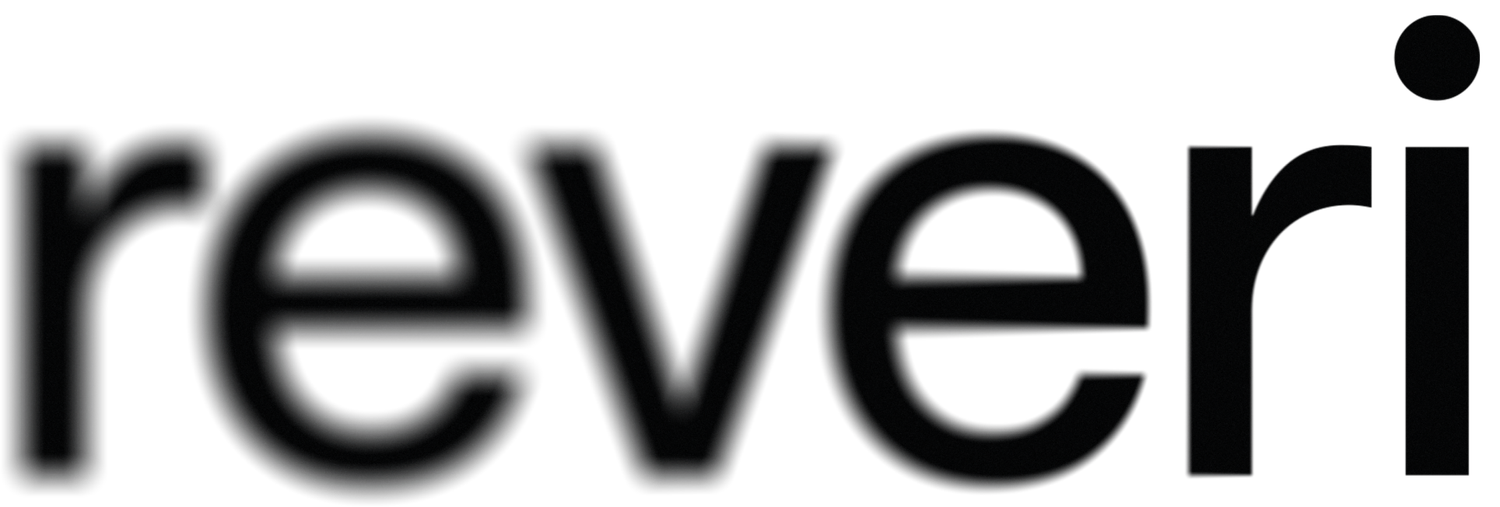Migraine Dietary Supplements: Can They Help Reduce Headaches?
Migraines are more than just headaches—they can be debilitating, affecting work, daily activities, and overall well-being. Many people turn to migraine medications, but others seek natural supplements for migraines as an alternative or complementary treatment. Could the right migraine dietary supplement help prevent or reduce migraine attacks?
In this guide, we’ll explore the science behind migraine supplements, their potential benefits, and how to choose the right one for you.
How Can Supplements Help with Migraines?
Research suggests that certain supplements for migraines may help reduce headache frequency and intensity by addressing nutritional deficiencies, improving neurological function, and reducing inflammation. Common deficiencies linked to migraines include magnesium, riboflavin (vitamin B2), and Coenzyme Q10 (CoQ10).
For example:
Magnesium is essential for nerve function. Low levels are linked to increased migraine risk, and studies suggest that magnesium supplementation may help prevent attacks.
Riboflavin (Vitamin B2) plays a role in cellular energy production. Some research shows that high doses of riboflavin can decrease migraine frequency.
Coenzyme Q10 (CoQ10) is an antioxidant that supports brain function and has been associated with fewer migraines in some studies.
Types of Supplements for Migraines
If you’re considering migraine dietary supplements, here are the top options backed by research:
1. Magnesium
Magnesium deficiency is common in people who suffer from migraines. Studies suggest that magnesium supplementation may reduce the frequency and intensity of migraine attacks, particularly for those with aura migraines. It is one of the most recommended supplements for migraines due to its role in nerve function and muscle relaxation.
2. Riboflavin (Vitamin B2)
Riboflavin helps improve mitochondrial energy production in brain cells. Research indicates that high doses of riboflavin (typically 400mg per day) can significantly reduce migraine frequency.
3. Coenzyme Q10 (CoQ10)
CoQ10 is another essential compound for mitochondrial function. Studies have found that CoQ10 supplementation may help prevent migraines by reducing oxidative stress and improving brain energy metabolism.
4. Butterbur
Butterbur extract has been studied for migraine prevention. While some research supports its use, it must be used cautiously due to potential liver toxicity. Only use PA-free butterbur supplements, as recommended by health professionals.
5. Feverfew
Feverfew is an herbal supplement that has been traditionally used for migraine prevention. Some studies suggest it may help, but results are mixed, and more research is needed.
Natural Supplements for Migraines vs. Prescription Treatments
While natural supplements for migraines offer a drug-free alternative, they may take longer to show effects compared to prescription medications. However, they come with fewer side effects and can be part of a holistic approach, alongside lifestyle changes and therapies like hypnosis for chronic pain management.
Some people find that combining supplements with behavioral techniques, such as self-hypnosis, can enhance migraine management by reducing stress—one of the biggest migraine triggers. The Reveri hypnosis app offers a science-backed, medication-free way to promote relaxation, which may support migraine prevention.
How to Choose the Right Migraine Dietary Supplement
Before adding a migraine dietary supplement to your routine, consider these factors:
Consult a Healthcare Professional: Always talk to your doctor before starting a new supplement.
Choose High-Quality Brands: Look for third-party-tested supplements to ensure purity and safety.
Monitor Your Results: Keep a migraine journal to track supplement effectiveness.
Be Patient: Some supplements, like riboflavin and CoQ10, may take several weeks to show results.
Additionally, be mindful of dietary triggers. Certain foods that trigger migraines can worsen symptoms, so identifying and avoiding them can complement your supplement regimen.
Frequently Asked Questions (FAQs)
-
Magnesium and riboflavin (Vitamin B2) are two of the most studied and recommended migraine supplements. CoQ10 is also effective for some individuals.
-
Low levels of magnesium, riboflavin (B2), and vitamin D have been associated with a higher risk of migraines.
-
CoQ10 supports energy production in brain cells and reduces oxidative stress, which may help prevent migraines.
-
Some people benefit from daily supplementation with magnesium, riboflavin, or CoQ10. Lifestyle changes, including stress reduction techniques like self-hypnosis, can also help.
For example, migraine pain can sometimes be concentrated in specific areas. If you're experiencing a top of the head migraine, it's worth considering potential causes and solutions, including supplements and complementary therapies. Learn more about top of the head migraines.
Natural supplements can be an effective tool in migraine prevention. While results vary by individual, many people find relief through magnesium, riboflavin, CoQ10, and other supplements.
Beyond supplements, consider complementary therapies like self-hypnosis, which can help manage stress and promote overall well-being. Reveri provides science-backed self-hypnosis sessions that may support relaxation and pain management—an essential part of a holistic approach to migraine relief.
If you’re ready to explore drug-free migraine relief, why not give Reveri a try?
